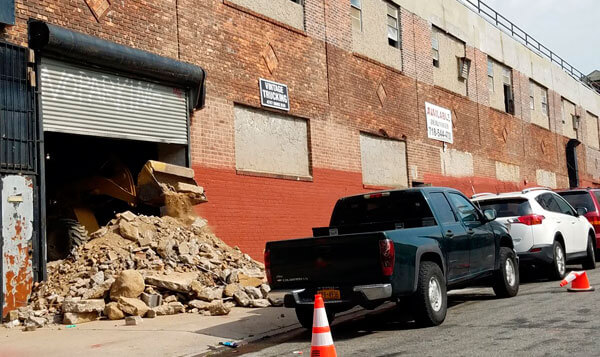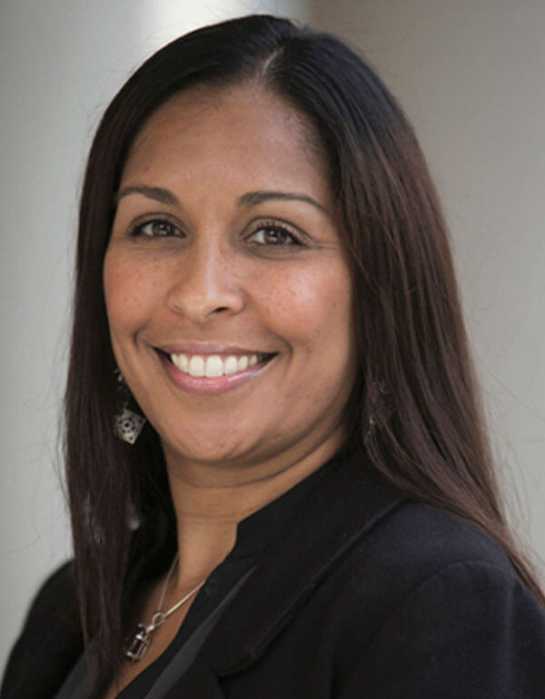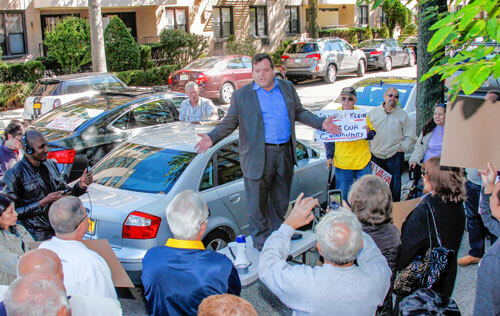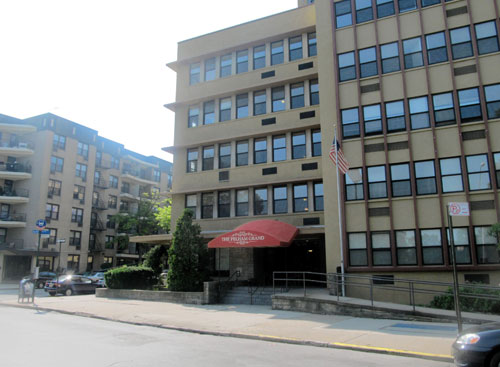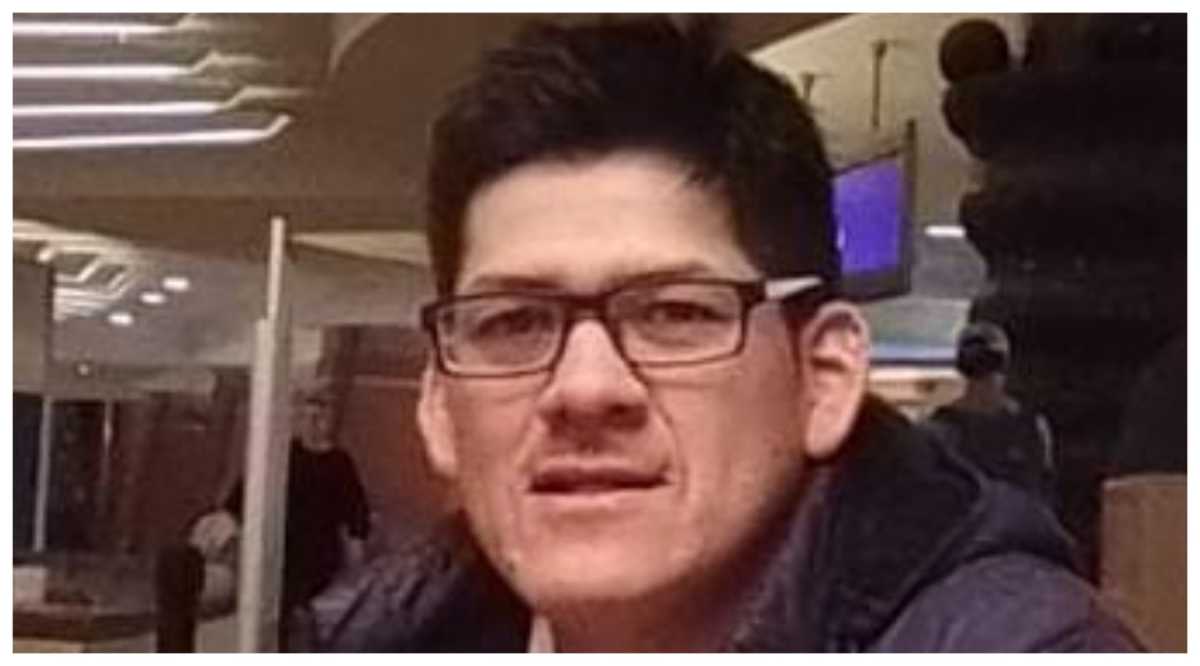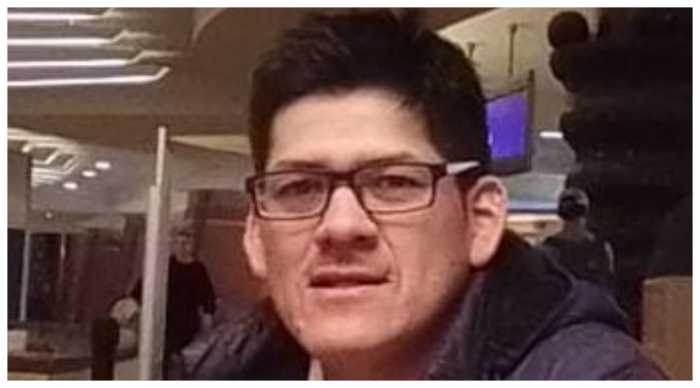Ed Shaw was an average New Yorker; he lived in Manhattan, held a job and was very social.
In 1988, Ed received the news that rocked him to his core and changed his life.
He tested HIV-AIDS positive at the age of 47.
Now, 29 years later Ed is alive and well, and calls Morris Heights his home.
“I was in denial for five years after my diagnosis, I didn’t seek treatment or anything” said Shaw. Ashamed of the stigma that went along with HIV-AIDS during the peak of it’s epidemic, Ed became reclusive and cut himself off from almost everyone in his life. “I exhausted all of my money and funds in about a week because I thought I was going to die then and there,” said Shaw.
Afterwards, Shaw endured five months of being homeless once he realized death wasn’t imminent.
“Five years later, after many hospital visits I finally decided to get treated and open up about what happened to me,” said Shaw. As Ed first began opening up about his disease, there were two people in his life that he was concerned about sharing his secret with.
“I brought my brother and sister down to the city one night after not speaking to them for years, I told them what happened and broke down in the restaurant, they rushed to hug me and I can still see the look on their faces as soon as I told them, it gets me choked up to this day still,” Shaw recalled.
Once he embraced his life and realized HIV-AIDS wasn’t a death sentence, Ed began to embrace the powerful community of survivors like himself.
“We are one, big community; no matter our age, our race, our sexual orientation. We need to help support one another,” Shaw said.
Now at the age of 76, Ed is still involved in raising awareness and education of the disease throughout numerous discussion groups.
Shaw recently spoke to the NYS Department of Health about HIV-AIDS and community relations on Wednesday, June 13.
“I’ve worked with so many people and that is what’s changed my life, a huge part of it all, is speaking with teens and college kids,” Shaw said.
He also mentioned the importance of educating youth, explaining that risky behavior can cause lifelong consequences. It’s one of the most rewarding aspects to his work.
Shaw also mentioned many older adults need to recognize the fact that they are at risk too.
“With an older age group there isn’t a lot of concern when there should be. They are also at risk and pretending that they aren’t wont prevent something from happening,” Shaw said.
Another element to the puzzle according to Shaw is different health departments working in unison with one another.
“The state and city health departments need to work more hand-in-hand especially when it comes to engaging the community and you can bet I spoke to that on Wednesday.”

